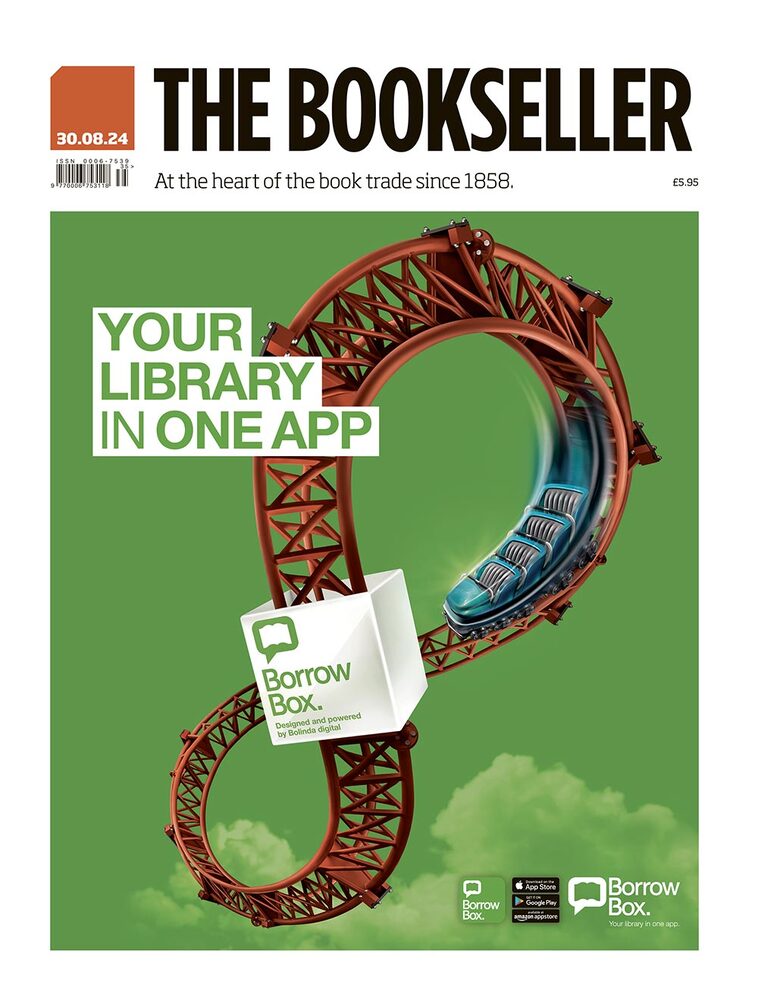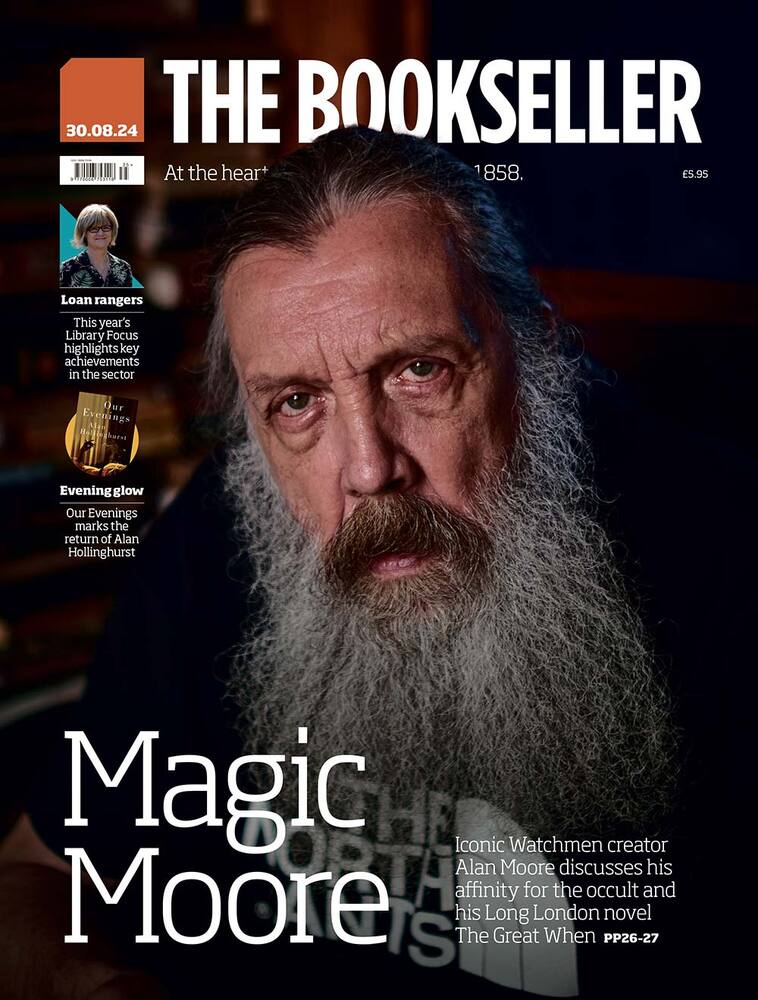You are viewing your 1 free article this month. Login to read more articles.
Future-proofed

In 2013, I appeared on BBC Radio 4’s “Women’s Hour” as part of a special programme focused on women in publishing following the departures of chief executives Gail Rebuck and Victoria Barnsley from their roles at Penguin Random House and HarperCollins, respectively. At that moment, as the show discussed, with digitisation upending the business, it felt as if the turmoil was bringing with it a different type of worker, namely a male-shaped one, with Charlie Redmayne taking over at HC and Tom Weldon getting the top job at PRH. Publishing was on a war footing, we heard, and that demanded strong leadership.
I raise this now, not to throw an unneccesarily gendered lens over the books business, but to acknowledge that things rarely work out as predicted. Today – a decade on – almost all of our biggest trade publishers are run by women, from Joanna Prior at Pan Macmillan, to Hachette’s trade c.e.o. Katie Espiner, to Kate Elton m.d. at HC’s adult lists, to Perminder Mann c.e.o. at Bonnier Books UK, and Suzanne Baboneau at Simon & Schuster. At the biggest, Penguin Random House, six of its eight publishing divisions are led by women.
Indies have got in on the act too, with three of the largest, Usborne, Faber, and Profile run by Nicola Usborne, Mary Cannam and Rebecca Gray respectively. It would be churlish here not to mention Kate Skipper, c.o.o. of Waterstones, Amazon’s books lead Lisa de Meyer, Audible UK head Tracey Markham, Meryl Halls c.e.o. of the Booksellers Association, Bridget Shine head of the IPG, and Anna Ganley who took over the top job at the Society of Authors from Nicola Solomon, or indeed the agents Stephanie Thwaites (Curtis Brown), Jodie Hodges and Zoe Ross (United Agents), Caroline Michel (PFD), Clare Alexander (Aitken Alexander) and Rachel Mills (RML).
What we identified at the turn of the last decade has become the pattern of this one
Start-ups are also on trend, from Amanda Ridout at Boldwood Books, to Rachel Williams and Jenny Broom founders of Magic Cat Publishing (both past winners of the Small Press accolade at The British Book Awards), as well as Anissa de Gomery, creator of the subscriptions retailer FairyLoot (of whom, more here). Today, research from the Publishers Association and the BA, shows that more than two-thirds of staff across publishing and bookselling are women. But they have not always been as well represented at the top – the last time we ran our list of the top 150 influencers across the business, more than half were women, compared with fewer than a third a decade earlier.
There’s a possibility that back in 2013 we were all looking in the wrong direction. In 2011 The Bookseller ran its first-ever Rising Stars feature under the headline “Women dominate first Rising Stars list”. What we identified at the turn of that last decade has become the pattern of this one as those early risers (and others) have risen. If this thesis holds, then it means that the attributes we see in this year’s cohort – broader backgrounds, barrier-breaking, and battle-tested by the pandemic – will shape the book business for years to come.
Cometh the hour, cometh the…
















